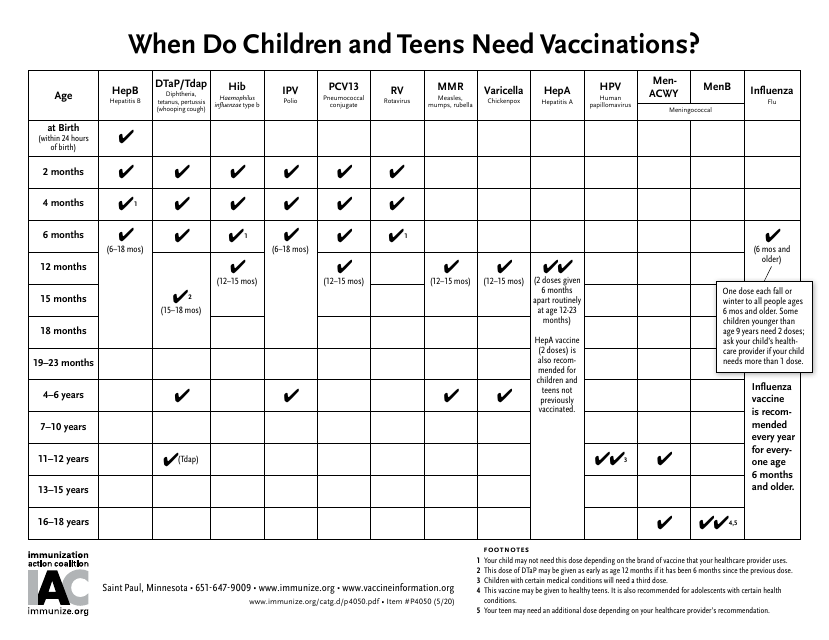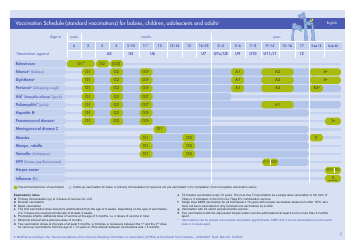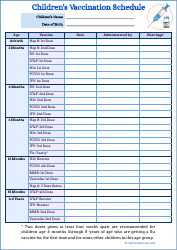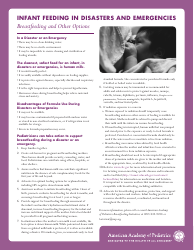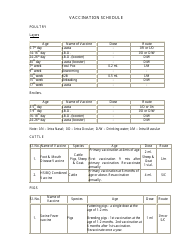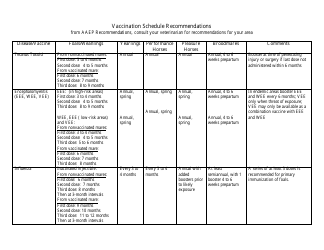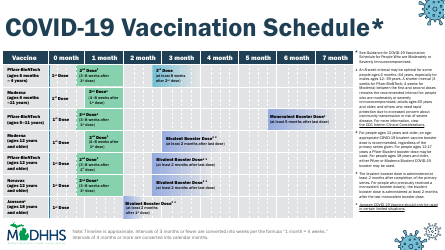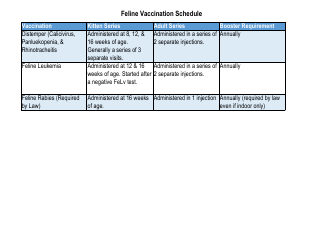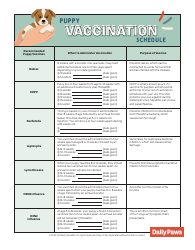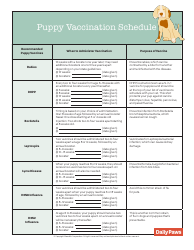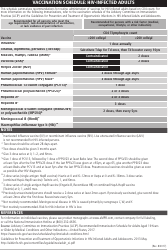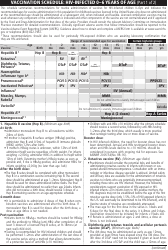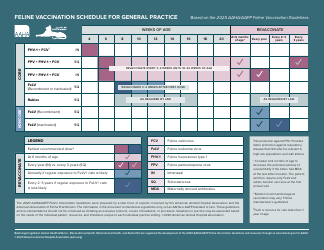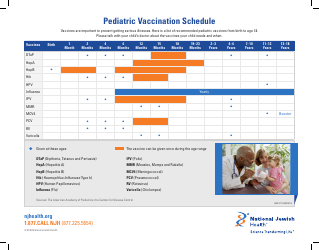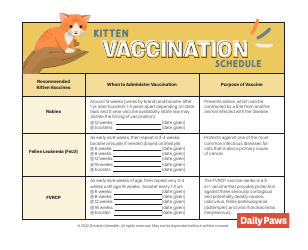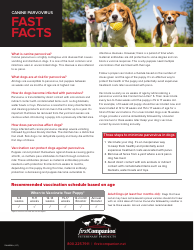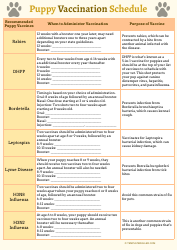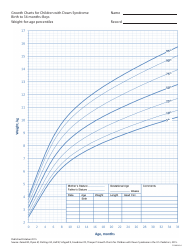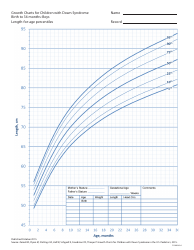Children and Teens Vaccination Schedule
The Children and Teens Vaccination Schedule is a comprehensive plan or guideline put forth by healthcare authorities to explain when specific vaccines should ideally be administered to children and teenagers.
Its purpose is to help protect children and teens from different diseases and infections by building up their immune system at the correct times during their growth and development. These diseases can include measles, mumps, polio, whooping cough (pertussis), and others.
The schedule is meticulously developed based on extensive research and continually updated to reflect any new vaccines and changes brought about by evolving diseases and vaccines.
Parents, caregivers, and healthcare providers utilize it as a guide to ensure children receive all necessary immunizations at the right time to reduce their risk of contracting potentially dangerous illnesses.
The Vaccination Schedule can vary from country to country, but they typically follow similar patterns developed with advice from leading health organizations like the World Health Organization (WHO), the U.S. Centers for Disease Control and Prevention (CDC), among others.
In the United States, the recommended immunization schedule for children and teens is filed and published by the Centers for Disease Control and Prevention (CDC) in partnership with the American Academy of Pediatrics (AAP), the American Academy of Family Physicians (AAFP), and the Advisory Committee on Immunization Practices (ACIP).
Similarly, in Canada, it's the Public Health Agency of Canada along with the Canadian Pediatric Society that provides these guidelines.
In India, it's the Indian Academy of Pediatrics (IAP) that sets and regularly updates the immunization schedule for children and teens.
Lastly, in Australia, the Australian Technical Advisory Group on Immunisation (ATAGI) is responsible for creating the Australian Immunisation Handbook that includes recommendations for vaccination schedules for children and teens.
Indeed, the appropriate health departments or medical organizations in each country typically develop these plans to ensure the health and safety of their respective youth populations. Also, it's important to remember that these schedules may vary depending on the specific public health requirements of each country.
FAQ
Q: What is the children and teens vaccination schedule in the USA?
A: Vaccination schedule in the USA varies based on the age of children and teens. Some common vaccines include Hepatitis B Vaccine (Birth to 1 year), Diphtheria, Tetanus, and Pertussis (DTaP) Vaccine (2 to 18 months), Measles, Mumps, and Rubella (MMR) Vaccine (12 to 18 months), and the HPV Vaccine (11 to 12 years). A complete schedule can be found on the CDC's website.
Q: What is the vaccination schedule for children and teens in Canada?
A: In Canada, the schedule can vary slightly by province but includes key vaccines like Diphtheria, Tetanus, Pertussis, Polio, and Hib combo vaccine (2 months to 4 years), MMR Vaccine (12 months), and HPV Vaccine (girls and boys - 12-13 years). Each province has its own healthcare system and it is recommended to check with local health authorities for the complete schedule.
Q: What is the vaccination schedule for children and teens in India?
A: The Indian government provides basic vaccinations to all children and teens under the Universal Immunization Programme (UIP). Vaccines against TB, Hepatitis B, Diphtheria, Tetanus, Pertussis, Polio, and Measles are provided at different age intervals starting at birth up till 16 years of age. The HPV vaccine for girls (9-14 years) is also slowly being introduced in some regions.
Q: What is the vaccination schedule for children and teens in Australia?
A: Australia follows the National Immunisation Program Schedule which starts vaccinations from birth to teens. Key vaccines include Hepatitis B, Diphtheria, tetanus, pertussis, polio, Haemophilus influenzae type b (Hib), Rotavirus, Pneumococcal, Meningococcal ACWY, MMR, Varicella (chickenpox), and HPV. The specific schedules are given by the Australian Department of Health.
Q: Why is it important for children and teens to get vaccinated?
A: Vaccinations are important to protect children and teens from serious, sometimes deadly, diseases. They also help in the development of herd immunity which helps to protect those who are unable to get vaccinated due to health conditions.
Q: Is it safe for children and teens to get vaccinated?
A: Yes, vaccines are held to very high safety standards. They go through extensive testing before being approved and continue to be regularly monitored for safety once they're on the market. Side effects are usually mild and temporary.
Q: What is the HPV vaccine, and when should it be given?
A: The HPV vaccine protects against the types of HPV that most commonly cause cancer and are passed through sexual contact. The Centers for Disease Control and Prevention recommends that all boys and girls get the vaccine at age 11 or 12, but it can be given as early as age 9 and catch-up vaccines are recommended for males up to age 21 and females up to age 26.
